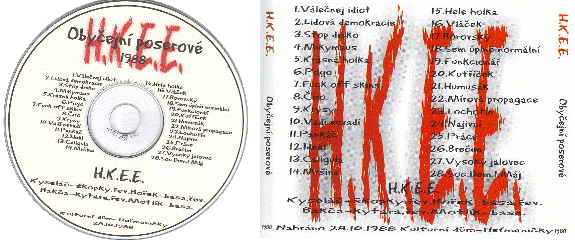A learning agreement is a document that outlines the terms and conditions of a learning program between a student and an institution or organization. This type of agreement is commonly used in higher education, particularly in study abroad programs, apprenticeships, and internships.
The learning agreement typically includes information such as the objectives of the program, the learning outcomes to be achieved, the duration of the program, the responsibilities of the student and the institution, and the methods of assessment and evaluation. It is an essential tool for ensuring that both parties understand the expectations and goals of the program.
Learning agreements also allow for flexibility and customization in the learning process. They can be tailored to fit the needs and interests of the student, and can be adapted to suit changing circumstances or unexpected challenges that may arise during the program.
In addition to serving as a roadmap for the learning process, a learning agreement can also be valuable for preparing students for future career opportunities. Employers often look for candidates who have completed internships or other programs that include a learning agreement, as it demonstrates a level of commitment, professionalism, and goal-oriented thinking.
When creating a learning agreement, it is important to ensure that it is clear, concise, and specific. This will help to avoid any misunderstandings or confusion, and will make it easier for both parties to stay on track throughout the program.
Overall, a learning agreement is an important tool for facilitating effective learning and ensuring successful outcomes for students and institutions alike. By providing a framework for collaboration and goal-setting, it can help to create meaningful learning experiences that prepare students for future success.






 Publikováno v kategorii Nezařazené
Publikováno v kategorii Nezařazené